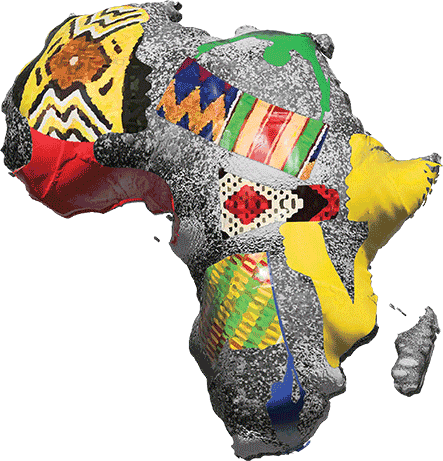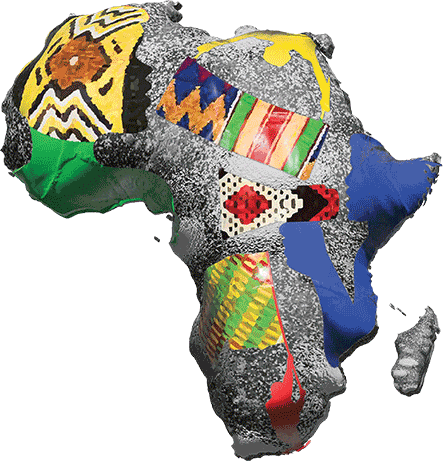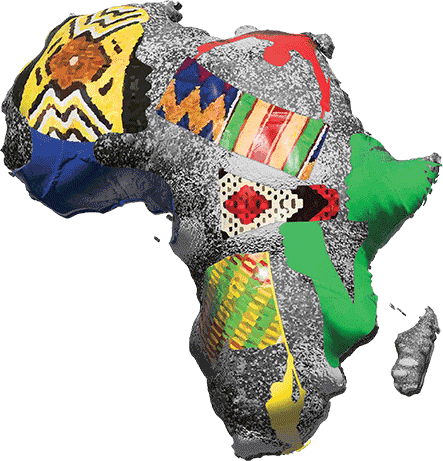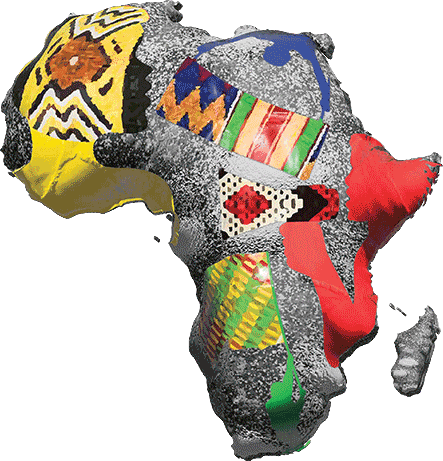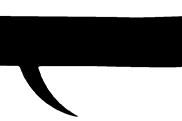14.02.18 - Little changes can make the difference! The power of new activism and citizens’ initiatives
14.02.18 - Little changes can make the difference! The power of new activism and citizens’ initiatives
“It is the little things that citizens do. That is what will make the difference.” That is what Dr. Wangari Muta Maathai said in one of her speeches addressed to the whole African continent. Dr. Maathai, a Kenyan environmental and political activist and Nobel prize winner, knew how to stimulate activism and citizens’ initiatives in order to create positive change. Where politics are still often traditional and closed, ordinary people know how to enforce change. This occurs in many areas, such as women’s rights, children’s rights, environmental rights, anti-corruption, and economic rights. With the help of technological developments, and social media as a powerful weapon, more and more people, especially young people and women, are active in putting their voices first. Therefore, the Afrikadag 2018 will focus on activism and citizens’ initiatives.
The power of local activism
Local activism is not a new phenomenon. Everywhere in the world, people are joining forces to improve their living conditions. As for many in Africa, this is their daily reality. Traditional actions and initiatives do not always seem to work. Many NGOs are focused on helping a ‘little’ everywhere, which leads to the exclusions of vulnerable people. According to Moses Isooba of Africans Rising,“NGOs are losing their legitimacy. As a result, Africans would attend their funeral without flowers and speeches”. In addition, the hunger for power among many African representatives have made the circumstances even worse for an enormous amount of citizens in African countries. Because of that, more Africans are joining forces to enforce change within their societies. Africans Rising if a prominent example of this.
In 2016, 272 people from 44 different African came together in Arusha, Tanzania to establish the pan-African movement Africans Rising. According to them, Africans themselves should take the lead in the development of their continent. With the focus on justice, peace and dignity African Rising is striving to become an independent organisation within five years, which can finance its own projects. If they do not reach this goal, the movement will stop.
Reverse development cooperation
The fact that needs are not self-evidently met by some African governments, results into Africans often taking the lead themselves and being creative in creating something for themselves. The different actions and initiatives are therefore set up to form a completely different perspective. As a result, there is a lot of pure willpower and social entrepreneurship, and many active women and youth groups are committed to improve their country and direct living conditions.
According to Inge van Steekelenburg, organisation advisor at Movisie, “the West can learn a lot from citizens’ initiatives from African countries. A neighbourhood initiative in Cape Town can also work in a neighbourhood in The Hague. With local adjustments, of course.” This new approach, reverse development cooperation, changes the current model: local citizens’ initiatives have gained a greater meaning in the last few years.
Examples of civil initiatives
There are enough examples of citizens’ initiatives. For example, Njangi in Cameroon shows that solidarity is interconnected with activism and citizens’ initiatives. This system gives citizens without access to banking services the opportunity to create something for themselves. A group of people, either large or small, saves a certain amount of money, and gives that weekly to another person of the group. Each group has its own structure and system, but the principle remains the same. It is all based on solidarity and trust for each other. This initiative makes it easier for people to provide for their families, business, and farms. It also contributes to new ideas for citizens initiatives because people have more to spend.
Another example is the Stedenband (“city band”) Haarlem-Mutare, which shows how a local citizens’ initiative can develop into an international cooperation between two cities, Haarlem and Mutare (Zimbabwe). However, NGOs have also facilitated and contributed to citizens’ initiatives. For example, ActionAid which supports women farmers in Malawi with education, farming and the improvement of their living environment. As a result, these farmers are now able to take care of their families and communities.
But the question remains, which role shall international cooperation play in the future when it comes to new activism and social initiatives in African societies? How do local activists deal with this? And how do they want us to support them? That is why the Afrikadag will be about new activism and social initiatives on the 14th of April. The program will be online on the 12th of March, and from that moment you can buy your ticket for the Afrikadag 2018!
